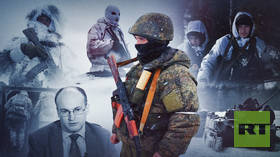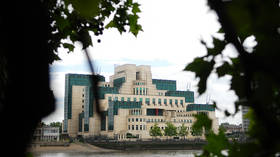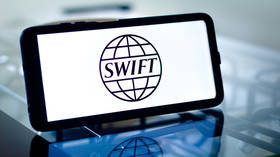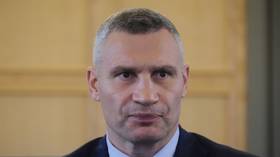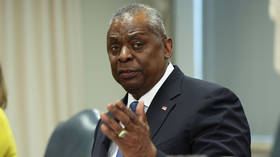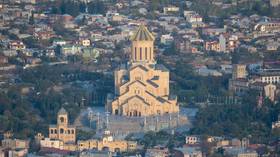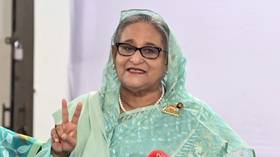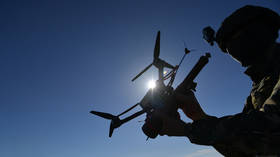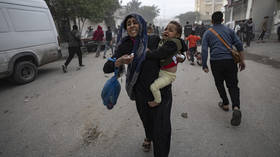Fyodor Lukyanov: 2024 could be the year when the West’s liberal elites lose control of the world order
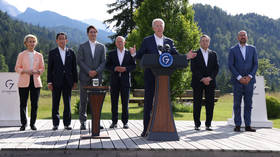
This year began with one fierce military confrontation of global significance and ends with two. And there is no guarantee that they will not continue until the end of 2024. The chain of conflicts, seemingly territorial but essentially existential (at least in the perception of those involved), may prove to be quite long.
In the 20th century – with its wars, revolutions, colonial possessions and national liberations – the world was cut up bizarrely and illogically. The military-ideological confrontation of the second half of the century was gradually transformed into a global framework. With its help, all collisions should, in theory, have been resolved. But they were not. On the contrary, as soon as the foundations began to wobble, they recurred with renewed vigor.
The current proliferation of conflicts is a symptom of the weakening of the modern international power structure. This was exercised in the form of a "liberal world order" (more recently called a "rules-based order"). The basis of it was the confidence of a group of countries in their righteousness and the truth of their ideology, gained through victory in the Cold War. Liberal democracy and the market economy defeated the Soviet regime and its planned economy. But soon democracy as the power of the majority, taking into account the opinion of the minority, was transformed into a liberal scheme in which the minority is given more moral and political rights than the majority.
Case in point: in almost all G7 countries the ratings of ruling parties/coalitions are now extremely low, i.e. governments represent the interests of a smaller part of the population. Alternative forces that challenge the current government are labelled as populist. This term (which, incidentally, comes from the word populus - "people") has become almost a swear word, and the mainstream is instructed to fight those who are tarred by this brush. The idea is that the current elites do not need to be changed.
As a result, the establishment now presents almost every vote as a battle for democracy. The implication is that democracy is the victory of the forces that maintain the "correct" continuity. Accordingly, those who want to change course are declared enemies of democracy, even if they have a majority on their side.
The concept of the "world majority" (i.e. countries outside the Western community), which has entered the Russian political lexicon this year, fits with the delineation between processes in individual countries and at the global level. The role of the global establishment is played by the West. There is no single "populist" force opposing it. But there is a huge space (the very "world majority") which believes that the minority (the West) is abusing its power. What is emerging is not a rigid opposition, but rather a coagulated – albeit growing – resistance that is reducing the effectiveness of the policies of the US and its allies. Within the Western community itself, we seeincreasing demand from "populists" to reduce involvement in world affairs because the costs outweigh the benefits. This does not have a direct and immediate effect, but rather a lasting indirect one. But as history moves faster and faster, the meaning of "lasting" is changing.
2022 was a turning point, because for the first time the ruling minority was directly challenged. Not by the majority, of course, because Russia has been in a kind of "neither here nor there" position. But a precedent has been set. This year was a time of getting used to the fact that the old restrictions, the very “rules" on which the order is based, are disappearing and the space of possibilities is expanding for everyone. 2024 will be "the year of the great decisions". Literally, the majority of the world will vote (just add up the populations of India, the US, Pakistan, Bangladesh, South Africa, Indonesia, Russia, Egypt, and the European Union (there will be a vote for its European Parliament), etc. In the leading countries of the West, a serious battle is being fought between the "populists" and the establishment, the main arena being, of course, America itself.
In this, the world majority and the majorities in minority countries can find some common ground. And this is where the further transformation of the global space will receive a powerful impetus.
This article was first published by Profile.ru, translated and edited by the RT team

